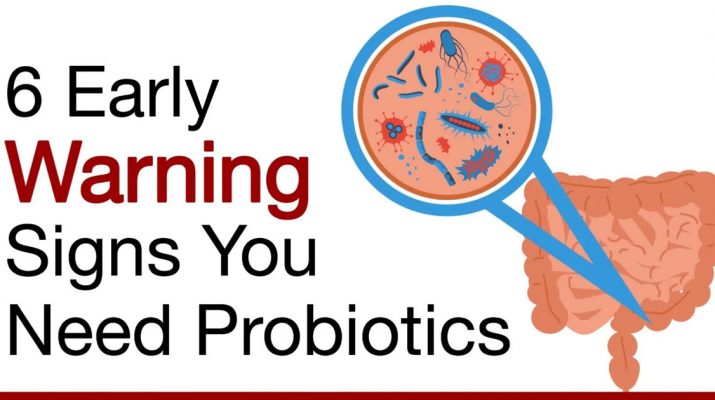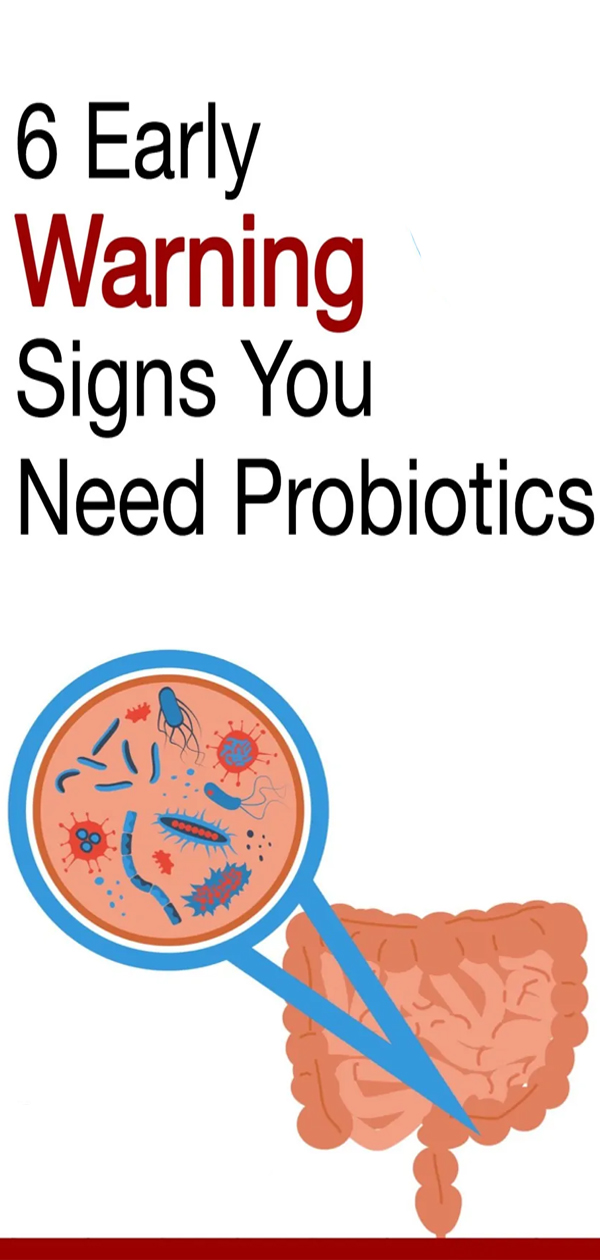Probiotics are live microorganisms that serve a vital role in our health: to prevent and treat diseases, promote a healthy immune system and – of course – improve the health of our gut (or digestive tract.) Healthy probiotic levels help absorb vitamins and minerals, regulate hormones, and help expel toxins and other harmful byproducts from the body.
Over 2,000 years ago, the famous Greek Physician Hypocrites declared “All disease begins in the gut.”
Fast forward to today, and radical advancements in medicine, imaging technology, and research have reached the same conclusion: gut health is dang important! Researchers cite as many as 170 medical conditions linked to the health of the gastrointestinal tract.
Here are a few other roles that probiotics play in our body:
– Aid in the digestion of foods, ensuring breakdown and absorption of vitamins, minerals, fatty acids, and amino acids
– Aid in the production of Vitamin K, folate, and certain B vitamins and short-chain fatty acids
– Contribute to serotonin production. (Over 95 percent of all serotonin is made in the gut!)
– Keep harmful microorganisms and bad bacteria in check
– Improve mental clarity, focus, and memory
A lack of probiotics, on the other hand, can lead to some undesirable symptoms.
Here Are 6 Signs That Your Body May Need More Probiotics:
1. Antibiotic Use
When your doctor prescribes antibiotics, you should self-prescribe probiotics! While at times necessary, antibiotics don’t kill just harmful bacteria – they kill good ones too! Put simply, the drugs cannot discern the difference between “good” and “bad” bacteria – so they just eliminate them en masse.
Common antibiotics include: amoxicillin and penicillin, cephalexin (Keflex), erythromycin (E-mycin), clarithromycin (Biaxin), azithromycin (Zitromax), ciprofolxacin (Cipro), levofloxacin (Levaquin), and ofloxacin (Floxin)
2. Anxiety Or Depression (Prevention Or Treatment)
Some studies link probiotic imbalance with an increased risk of anxiety and depression. Per Harvard Medical School:
The brain has a direct effect on the stomach. For example, the very thought of eating can release the stomach’s juices before the food gets there. This connection goes both ways. A troubled intestine can send signals to the brain, just as a troubled brain can send signals to the gut. Therefore, a person’s stomach or intestinal distress can be the cause or the product of anxiety, stress, or depression. That’s because the brain and the gastrointestinal (GI) system are intimately connected.
3. Chronic Fatigue/Low Energy
Our digestive system is almost always at work – and therefore, it requires a disproportionate amount of our energy to keep it “humming along.” Also, an imbalance of good gut bacteria makes it harder to digest foods which cause our body to use more energy!
Rebalancing your gut bacteria by eliminating hard to digest foods (e.g., dairy, gluten, and sugar) and taking high-quality probiotics should produce a noticeable spike in your energy levels!
4. Digestive Problems
“Well…yeah!” you say. We know. We know…but it bears repeating: a healthy amount of good bacteria in your gut is essential to digestive health. And an imbalance of good bacteria can lead to **drum roll** problems with digestion!
Digestive issues such acid reflux, constipation, diarrhea, and/or nausea may indicate the need for more probiotics in your life! Probiotics may also decrease the risk of gut conditions such as irritable bowel syndrome (IBS) and leaky gut.
Try taking a high-quality probiotic for a week or two. It may just make a huge difference.
5. Skin Problems
Some studies have shown a relationship between low levels of good bacteria in the gut and the development of acne, eczema, and skin rashes.
In a 2011 study published in the journal Gut Pathology, researchers cite evidence derived from other studies that Lactobacillus acidophilus – a particular strain of probiotic – is beneficial for the “gut-brain-skin connection” in acne and skin health:
Many aspects of this gut-brain-skin unifying theory have recently been validated. The ability of the gut microbiota and oral probiotics to influence systemic inflammation, oxidative stress, glycemic control, tissue lipid content and even mood itself, may have important implications for acne.
6. Weak Immunity
As mentioned, the gut and immune system are inextricably connected. The health of one directly affects the health of the other – for better or for worse.
Thus, an unhealthy gut – more specifically, a lack of healthy gut bacteria – can cause us to get sick more frequently. When gut bacteria levels are stable, the risk of disease, infection, and illness are greatly diminished.
So, if you find yourself getting sicker easier and more often, there’s no harm to be done in making it a habit of taking a high-quality probiotic!


